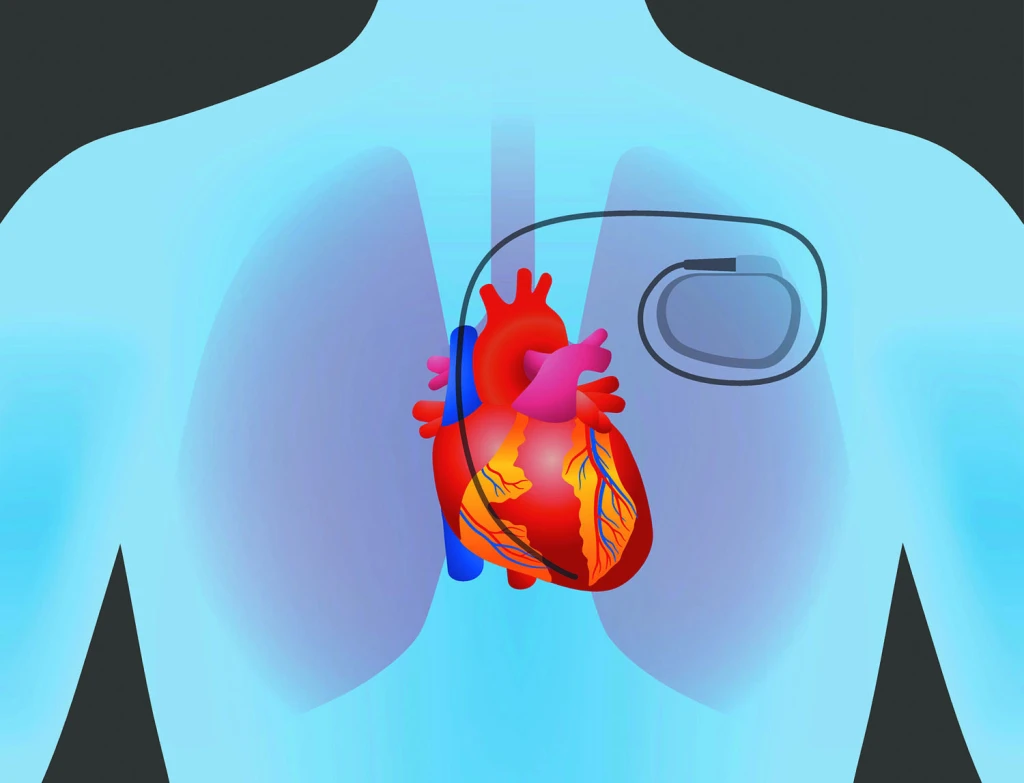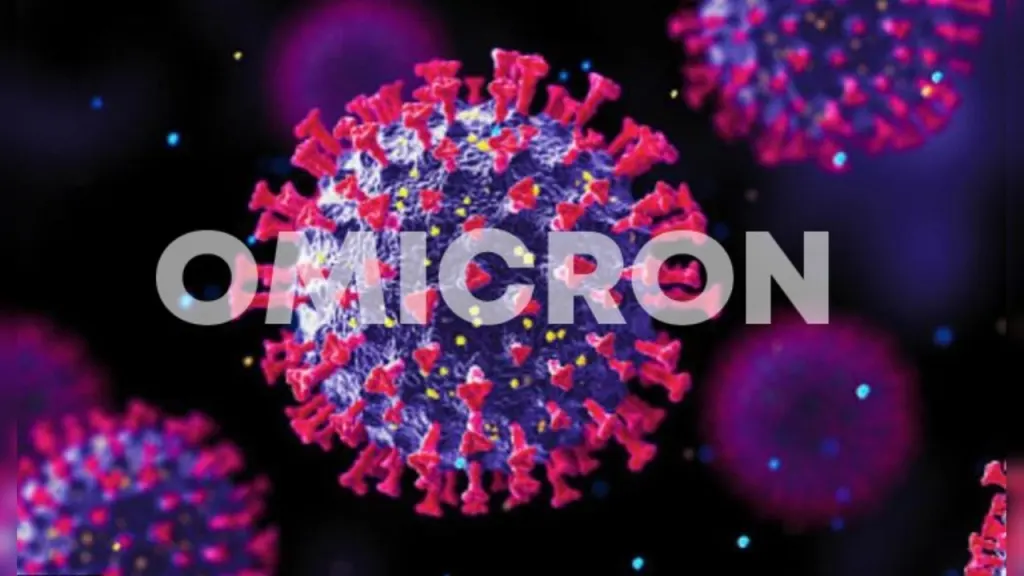In our present times of frequent social alcohol drinking, it sometimes becomes difficult for the consumer, family or doctor to recognize early symptoms of dependency.
Alcohol use disorder (AUD) as it is presently called, is the wider all-encompassing term that includes dependency, addiction and withdrawal, and by virtue of its broad range and blurred margins, sounds more acceptable as well.
Medical and mind scientists have relied on recognizing patterns of behavior and consumption, to identify ALCOHOL USE DISORDER and have created several scoring methods.
The CAGE questionnaire, an acronym, is one such, and is the easiest, simplest and most widely used interview tool. It consists of four straight questions that need to be answered with a YES or NO.
Here they are:
- Have you ever felt you should cut down on your drinking?
- Have people annoyed you by criticizing your drinking?
- Have you ever felt bad or guilty about your drinking?
- Have you ever had a drink first thing in the morning to steady your nerves or get rid of a hangover (eye-opener)?
Needless to say, the consumer has to answer these questions honestly. Presence of a spouse or relative may help in getting accurate responses to questions 2 and 4.
If any one of the answers is YES, it is time take heed. It will be good to meet a specialist and seek help to cut down or stop.
After consumption, alcohol is carried by the blood stream to different organs of the body. Brain is the organ where its mood – effects (pleasure, desire, relaxation, sleep, anger) find expression while its injurious effects occur more in the liver, pancreas, heart and muscles.
The effects of alcohol, both on the brain as well as its metabolism and clearance from the body, are regulated by a large number of enzymes ( Alcohol dehydrogenase enzymes and their wide range of polymorphisms) with considerable genetic variations.
Hence we often hear the stories of someone who is said to have drunk a whole







